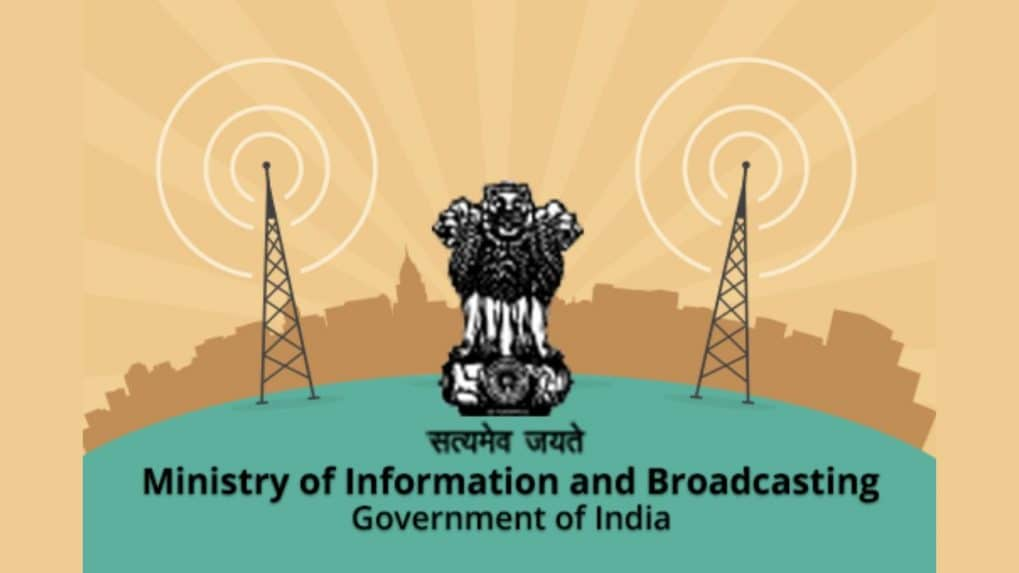Cable TV industry to meet MIB, will push for Broadcasting Services Bill
The cable TV industry is also seeking implementation of TRAI's Framework for Service Authorisations for Provision of Broadcasting Services under the Telecommunications Act, 2023.
ADVERTISEMENT
The stakeholders from cable television industry are gearing up to meet officials from the Ministry of Information and Broadcasting (MIB) to press for the swift implementation of key recommendations made by the Telecom Regulatory Authority of India (TRAI). The industry is particularly focused on accelerating the release of the draft Broadcasting Services (Regulation) Bill, 2023.
The proposed legislation is seen as crucial for addressing longstanding issues plaguing the sector. The MIB had earlier submitted an Action Taken Report to the Parliamentary Standing Committee on Communication and Information Technology, in which it acknowledged the complexity of the process and promised to keep the committee informed about the progress.
In its Fifty-Sixth Report, the Parliamentary committee on Communication and Information Technology noted, "In light of these concerns, the committee believes that the cable TV industry requires regulation through a comprehensive Act. Therefore, we recommend that the Ministry ensure the timely enactment of the proposed Broadcasting Services (Regulation) Bill, 2023, as it will significantly address industry concerns."
The committee also emphasized the importance of consulting all relevant stakeholders. It recommended that all aspects of the cable industry be considered when drafting the comprehensive Bill. Additionally, the committee expressed its intention to engage in constructive discussions regarding the draft legislation as it reaches a more advanced stage.
Read More: MIB advisory's impact: Apple, Spotify, YouTube continue streaming of Pakistan-origin material Furthermore, the committee requested that the Ministry provide a timeline for presenting the Broadcasting Services (Regulation) Bill, 2023 before Parliament and keep the committee informed about the bill’s progress.
In response to these recommendations, the MIB, in its Action Taken Report, stated that the draft Broadcasting Services (Regulation) Bill, 2023 was made public on November 10, 2023, inviting comments from the general public and stakeholders until December 9, 2023. This deadline was later extended to January 15, 2024. After receiving numerous comments and conducting a series of consultations, the Ministry provided additional time for feedback until October 15, 2024. A revised draft will be published following further detailed consultations.
"Regarding the timeline for presenting the draft bill before Parliament, the Ministry will prepare a draft Cabinet Note after completing consultations with stakeholders. This note will then be circulated for inter-ministerial consultation. After that, the draft bill will be submitted for the Cabinet's approval. This process is expected to take some time, and the committee will be kept informed of its progress."
Industry leaders welcomed these developments but emphasized the urgency of further reforms.
“Several key challenges continue to strain the cable TV industry and require urgent attention — escalating channel prices, forced bundling, reduced consumer choice, regulatory imbalances with OTT platforms, and misuse of loopholes by FAST channels. Also, encryption of DD Free Dish is the need of the hour,” said a senior executive from a leading cable TV company.
A top executive from a major TV distribution company added, “We will be meeting MIB officials to discuss a wide range of sectoral issues — including fast-tracking the Broadcasting Services Regulation Bill, rationalizing the DTH licence fee, infrastructure sharing between cable and telecom providers to boost broadband penetration, and contributing inputs for the National Broadcasting Policy (NBP).”
In a related development, TRAI, in its February 2025 recommendations on the “Framework for Service Authorisations for Provision of Broadcasting Services under the Telecommunications Act, 2023,” proposed reducing the current 3% Adjusted Gross Revenue (AGR) fee to zero after FY 2026–27, along with a reduced bank guarantee of ₹5 crore or 20% of the authorisation fee for two quarters, whichever is higher.
Earlier, AIDCF spokesperson commented, "We request the Honorable Ministry to bring the draft Broadcasting Services (Regulation) Bill, 2023, at the earliest possible time. The contributions of TRAI and MIB in bringing relief to the industry are commendable and undeniable."
The Cable TV industry in India is currently regulated by multiple laws, rules, and guidelines under various authorities such as the MIB, TRAI, and DoT. Recognizing the complexity of the existing system, the MIB has taken steps to streamline regulations. It has also acknowledged the urgent need to create a level playing field for all broadcasting services, including satellite-based technologies.
The government had also responded to recommendations suggesting measures such as decriminalization of the Cable Television Networks (Regulation) Act, 1995 under the Jan Vishwas Act, 2023, to increase investor confidence. Regulatory simplifications, such as longer license renewal periods for MSOs (extended to 10 years). Encouraging regional content through a new regulatory framework for Platform Services (PS) channels.
Read More: Stakeholders applaud MIB’s bold push to accelerate AVGC-XR sector growth

